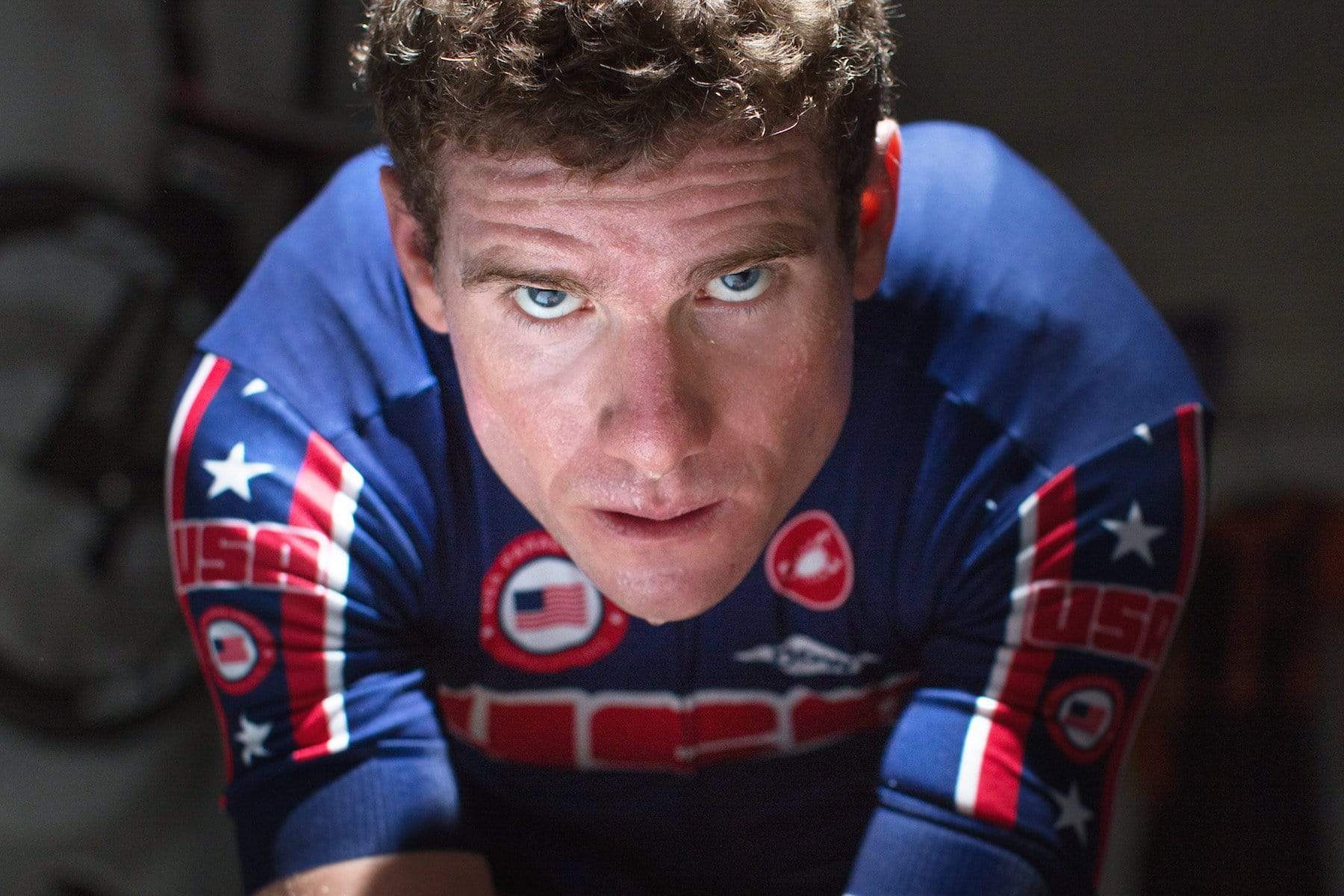
We plan all year for our biggest races, many of which require traveling to and from the race. Here are some tips for planning your travel so that you arrive rested and well fed!
Editor's note: this post was written by pro triathlete and Feed athlete Ben Collins. If you're interested in our favorites for travel, click here to purchase the Travel Survival Kit! Here are Ben's tips for getting through stressful travel and performing your best when you get there.
We plan all year for our biggest races, many of which require traveling to and from the race. Some of you might be getting ready for Kona, while others were with me in Austria for the Ironman 70.3 World Championships last month. Traveling around the world for a big race is fun, and it’s one of the amazing things that sport allows us to do. We may not speak the same language as our competitors from around the world, but our race course is common ground. Yet the travel itself can ruin a race if done poorly. Travel is stressful, but because our meal options are often ambiguous, we frequently leave too much to chance. For instance, I have a nasty reaction to gluten and I’ve certainly sat hungry on an airplane, looking at the plate of mushy pasta and debated whether diarrhea was worse than hunger. By the time I’m faced with this decision, I’ve already messed up. I should never put myself in a position to have to make that choice because either choice will negatively impact my race.
Here are some tips for planning your travel so that you arrive rested without bonking on the way:
- Sleep and eat according to your destination’s time zone – When I take an international flight, I try to sleep during the flight as much as possible. If I leave for Europe at 3pm central standard time, that’s 10pm in Europe. I like to plan ahead and sleep according to where I'm headed. This probably means I will miss the in-flight meal, which is served an hour after take-off. Instead, I bring a protein-rich meal to eat just before I fall asleep. A good example would be a tuna sandwich, but if you can’t bring food from home, bring a protein bar like the Bonk Breaker’s Protein Bar, or some Gnarly Feast meal replacement mix.
- Have a meal plan – Do not leave eating up to chance. If your flight lasts 12 hours, you could be traveling for 20 hours in total. If you let yourself get too hungry along the way, you’re likely to make bad decisions when it comes to food. You may be able to say “no” to a street vendor selling croissants dipped in chocolate now, but after 18 hours of travel and a lion roaring your stomach? Good luck!
- Bring plenty of snacks for your travel, and have set meals, or meal replacements that you can eat along the way. I’ll typically have some trail mix to snack on throughout my travel, and I’ll create low-glycemic, high protein “meals” that I can eat at specified times. If I end up finding a meal I enjoy during a layover, that’s wonderful, but I don’t ever want to need to find a proper meal during my travel.
- Bring extra food for when things don't go to plan. Flight delays happen, as do transportation delays once you're at your destination. Make sure you have some extra bars to tide you over when things don't follow your travel itinerary.
- As an athlete, you need food...even when you’re “just sitting around”. With fast metabolisms, we are burning calories even while sitting. As a general rule of thumb, I try to consume a higher protein diet during travel, but don’t be afraid to eat what you have when you’re hungry. In a 20 hour travel day you’ll probably burn two to three thousand calories “just sitting around”. It’s better to arrive with a bit of a surplus than at a deficit.
My last piece of advice that applies to everything above – leave the gels and sugary bars in your training bag. If you end up letting yourself get too hungry, diving into the race nutrition is a bad idea. High glycemic foods that help us get through races and training will spike your insulin and make matters worse when you eat them away from training. Stick to low glycemic foods like nuts, trail mix, or tuna salad. Follow and tweak these tips to work for your diet and I'm sure you'll get through your biggest travel days ready to race!
If you're interested in our favorites for travel, click here to purchase the Travel Survival Kit!
